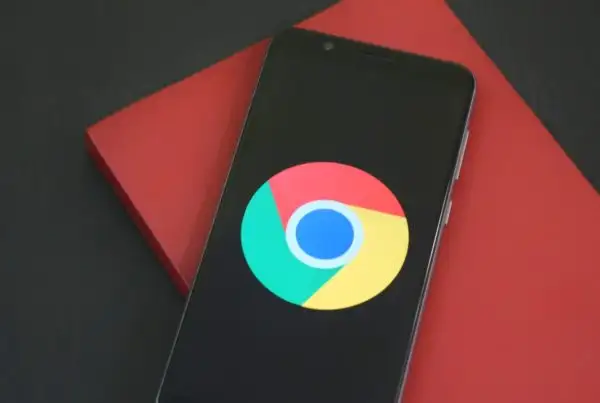Finnish telecom giant Nokia has announced a tie up with internet search engine giant Google on the same day that Google lost its deal with T-Mobile to Yahoo!
T-Mobile + Yahoo!
T-Mobile’s deal with Google to provide search to their customers was one of the first of its kind when they launched their Web ‘n’ Walk service. Today that partnership has been terminated in favour of a new deal forged with Yahoo! Beginning in March, T-Mobile customers in 11 European countries will see Yahoo!’s mobile oneSearch by default on their phones.
Official press release: Yahoo! and T-Mobile Partnership
“T-Mobile’s decision to work with Yahoo! is a clear demonstration of the strength of our industry-leading mobile search service and our ability to work with partners to give consumers the best possible mobile Internet experience,” says Marco Boerries, executive vice president, Connected Life, Yahoo! Inc.
Nokia + Google
Nokia Search, the new facility powered by Google will be launched on Nokia’s N96, N78, Navigator 6210 and classic 6220 models in a few select countries. Eventually Nokia plans to make this service available in over 100 countries and it will run in 42 different languages.
Official press release: Google and Nokia team up on search
The Google search box is already available on Nokia Internet Tablets and Nokia also supports Google’s YouTube videos on their N95 8GB model. This latest deal between the two companies will enable written and oral search services with document and photo sharing facility through audio and video applications. It will also provide Internet navigation and online music. In other words, it will allow users to browse around, access maps, messages etc. through just a click on their mobile phones.
Google VP Vic Gundotra says, “Google search combined with the high quality applications on Nokia devices (will) help make information available to Nokia device users wherever they are and provide an excellent overall experience.”
Digging Deeper
On the surface this might seem like everyday business… winning some clients, and losing some to the competition. However, considering what’s at stake here, the ramifications are much, much deeper.
T-Mobile, like most UK operators considers Google to be a serious threat to their future revenue streams. All operators want a large slice of the mobile advertising pie. Google has played hard ball, and severed a few relationships along the way. T-Mobile’s decision to drop Google and partner with Yahoo! has likely little to do with Yahoo!’s superior mobile search product offering and more to do with a strategic move to decrease Google’s dominance in mobile.
Nokia has been debating about its mobile search strategy for a while now. They have considered launching their own search facility within their phones, partnering with Google, or using a white label mobile search provider. This announcement most likely indicates that in spite of the fact that the two companies are rivals in many ways (Nokia’s S60 software competes with Google’s Android platform), the world’s largest handset manufacturer has accepted the fact that they could never develop as good a search service as Google, and if they tried to compete with Google’s brand recognition in search, they would most likely lose.
Forging a relationship with Google allows Nokia to tap into the mobile search market rather than ending up being completely excluded from it.
In return, Google could potentially gain direct access to 40% of worldwide mobile users and 50% of the Smartphone users via their handsets.
This means that even the T-Mobile customers who would have otherwise no longer seen Google search, might once again see it in the near future on their Nokia phone itself without even having to access the operator portal. Nokia and Google’s deal could thereby cut off operators like T-Mobile and competitors like Yahoo! completely. Few tears are likely being shed at Google for the loss of the T-Mobile contract, in the face of this potentially huge new opportunity.









